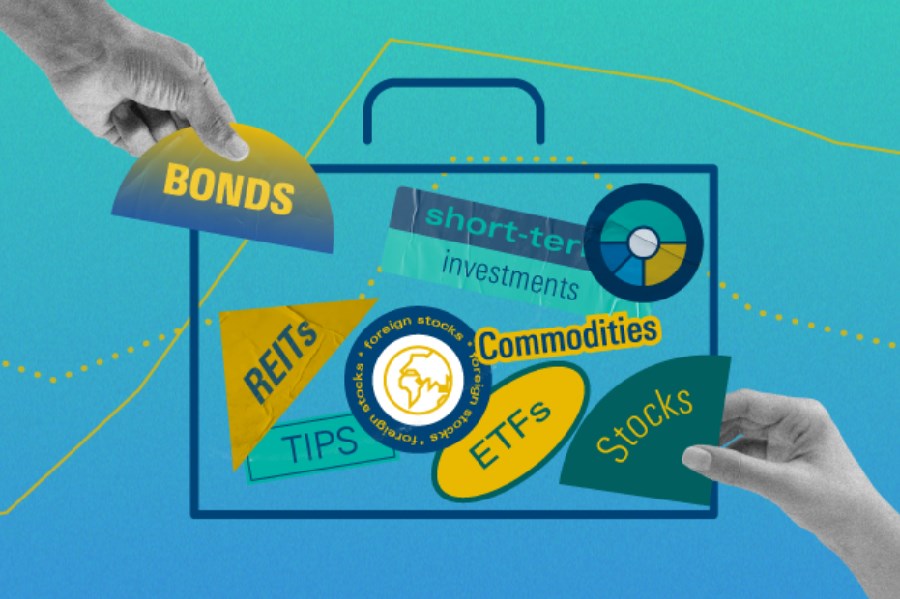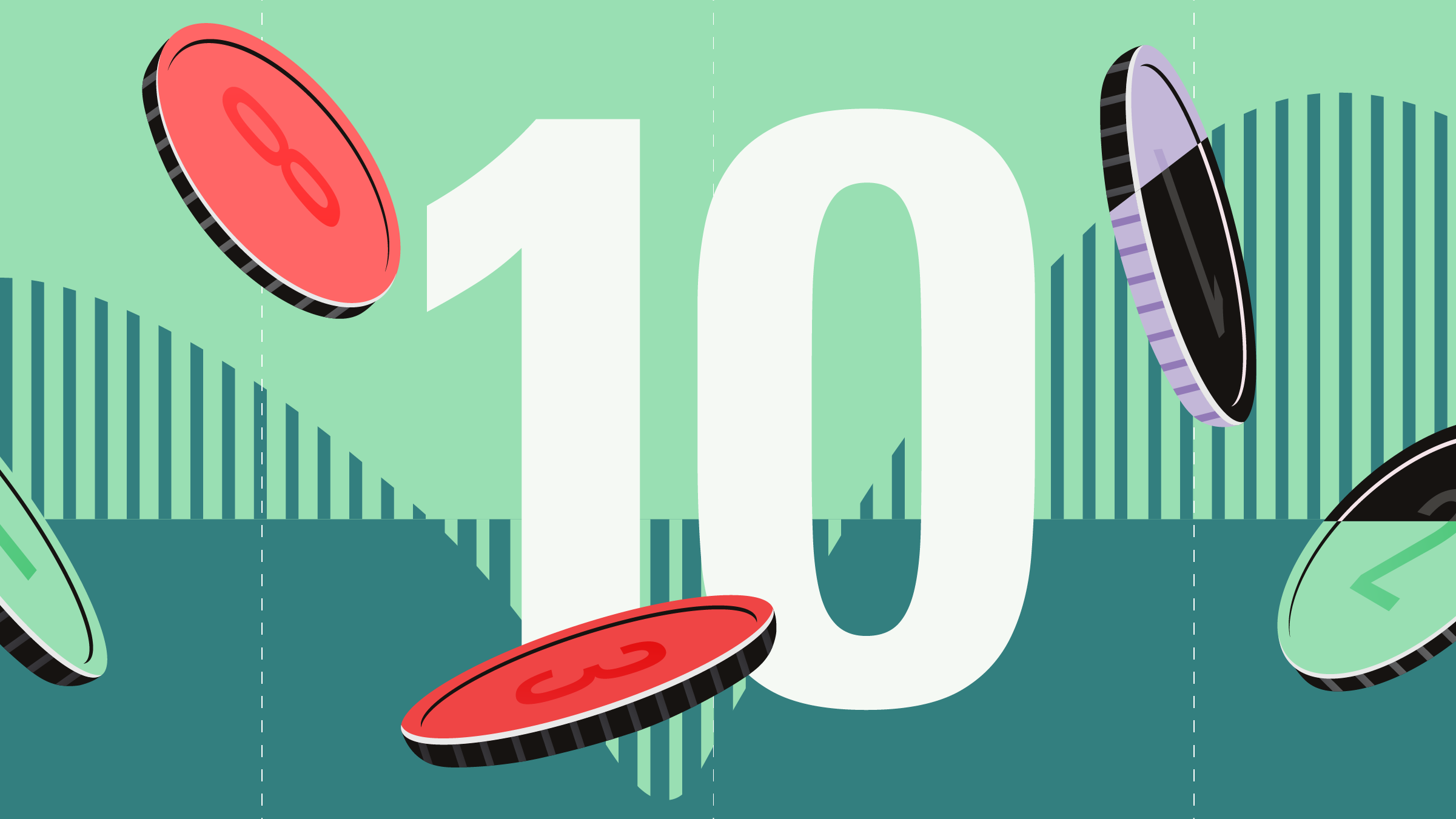Morningstarin Christine Benz haastatteli äskettäin Vanguard-indeksirahastoyhtiön perustajaa John Boglea. Tässä videossa hän pohtii, onko sijoittajien mielekästä lisätä korkoriskiä esimerkiksi kehittyvistä maista, sekä mikä (mahdollinen) järki "viisaan beetan" eli vaihtoehtoisen markkinariskin rahastoissa on.
Christine Benz: One area that investors seem to be really flocking to in the fixed-income space is the more credit-sensitive bond types, such as bank loans, emerging-markets bond, and high-yield to some extent. I'd like your take on that phenomenon, and are investors perhaps giving their portfolios more equity sensitivity by adding to some of these exposures.
John Bogle: I am a real skeptic. We get these ideas of diversifiers that will diversify your portfolio further if you go into emerging-markets bonds. Emerging-markets government bonds, I guess, are the big thing, or international bonds. I remain from Missouri on that. Anything that is in the public eye and the people say, "Here is a diversifier," that's usually done well. Nobody used gold as a diversifier when it was doing badly.
Benz: Right. Or commodities.
Bogle: When they’re shutting the lights out they say it's a great diversifier. It's the same kind of a diversifier either way, and I'd be very skeptical of that argument. My own belief is that the bond position should be your safe harbor as much as you can. Quality bonds. Take interest-rate risk, if you wish, and that has to be more long than short. Or don't take interest-rate risk, and be more intermediate and short or be more short in terms of the maturities of the bonds. But if you've got an equity portfolio, take the risk there.
The other thing that’s typical of an industry that's going kind of marketing-wild is think about [how much] are people saying you should put in these exotic, if you will, bond funds. And they say, well, maybe 5% of your bond position or 10% of your bond position. Well, that's not going to change your returns. They're expensive. They have hedging costs--I guess about half are hedged and half are not. I don't even an opinion about which is which because I wouldn't buy either. So market down to a Luddite; market down to someone who’s living in yesterday's world and not tomorrow’s. But check me out in a decade from now, and you'll see.
Benz: Another trend I'd like to get your take on is what's sometimes called smart beta, or factor investing. We had in ETF conference back in September and it was really all the buzz at that conference. I'd like to get your take on what's called factor investing, which oftentimes involves index products.
Bogle: If I had to give you one word for it, Christine, it would be silly. We're trying to put a fancy name on something. I think everybody would think they want "smart beta," whatever that is, but there is no ultimate answer to that. There is no smart beta for everybody; let's understand that very clearly. Beta is 100 and if smart beta gives you 105, dumb beta, for the want of a better expression, is going to give you 95, but in most cases at less cost.
I had a speech I gave some years ago down in Washington D.C. and it had a long title: "Just as Active Management Becomes More Like Indexing, So Indexing Is Becoming More Like Active Management." That is, there are an awful lot of market huggers that don't want to depart very much from the S&P, and there are few managers of large portfolios that don't have a percentage of their portfolio in each stock and right next to it the percentage of the S&P 500 or the total stock market in that stock. It's a relative game. I don't think it's terrible, but that's the kind of world we live in.
You have to realize that there is no net gain. "Smart beta" is like saying "smart manager." Everybody wants a smart manager, but the average manager on average is average. There is no way around that. So, it's a marketing gimmick, I would call it. One that when you think it through and realize there are two sides, there is a winner and a loser on every transaction, it by definition cannot work; it will not work. There are winners and losers, and the winner ultimately in the middle reduces the profits for both of them, and that would be the croupier that we call Wall Street.





















